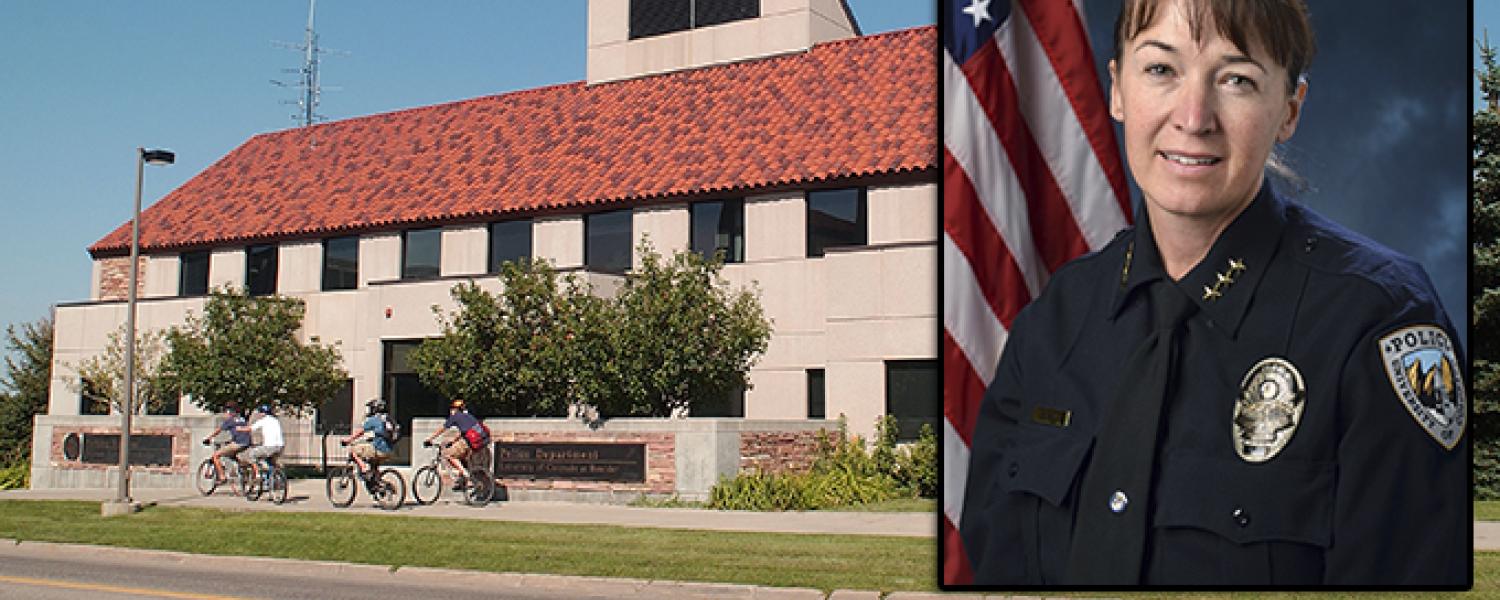
Last year at this time, I wrote a letter to the campus community informing you of our plans to start removing a few of the 80 emergency “blue light” phones. These phones were first installed in 1995, back when pagers were cutting-edge communications technology and very few people carried cell phones. Obviously, our technologies have improved since then, and the vast majority of 911 calls made on the CU-Boulder campus today come from mobile phones.
I want you to know that in the coming weeks the campus will be removing the last of the “blue light” phones and discontinuing the program. It simply doesn’t make sense to continue to maintain this outdated technology when we have not received a legitimate emergency call from these phones in several years.
In recent years, the CU-Boulder Police Department (CUPD) has received thousands of emergency calls from mobile phones – a shift that follows national trends. More than 90 percent of the calls CUPD receives from “blue light” phones are pranks or hang-ups. That leaves just a handful of legitimate non-emergency calls for minor crimes, liquor law violations, facility maintenance and open-door assistance.
The “blue light” phones were a great technology 20 years ago, but they have become outdated as mobile technology expands. For example, you now have at least three ways to quickly get help from police with your mobile phone.
- Call 911.
- Text 911, but only if it’s unsafe to call or in other situations. Read more about texting 911 here.
- Download the LifeLine Enterprise smartphone app, free for CU-Boulder students, faculty and staff by using your university IdentiKey user name and password.
The CU Student Government and other university partners purchased a license for the LifeLine Enterprise app for this academic year. The app has two features designed to provide the user with ways to get help in case of an emergency. After launching the app, a button appears on the screen of the smartphone that allows you to press it when encountering a threatening situation. If you release your thumb from the button and don't disarm the app within 10 seconds, a LifeLine Enterprise dispatcher will attempt to contact you and validate the alert. If they are unable to make contact, Lifeline Enterprise will contact the local police department and provide the last known location of the user.
The second feature is the ability to set a specific amount of time for a particular activity, such as walking home from class or going on a run. If you don’t deactivate the timer before the set amount of time has expired, an alert will be triggered and LifeLine Enterprise will attempt to contact you and validate the alert. If they are unable to make contact, Lifeline Enterprise will contact the local police department and provide the last known location of the user.
You can download the app by taking one of the following steps:
- Text "LLR4Me" to 74700
- In the Apple app store or on Google Play, search “LifeLine Enterprise”
- Go online to the LifeLine Enterprise website
Please know that the safety of students, faculty, staff and visitors is my top priority and we are constantly looking for ways to better protect everyone who comes on to our beautiful campus.
Sincerely,
Melissa Zak
Chief of Police, CU-Boulder



